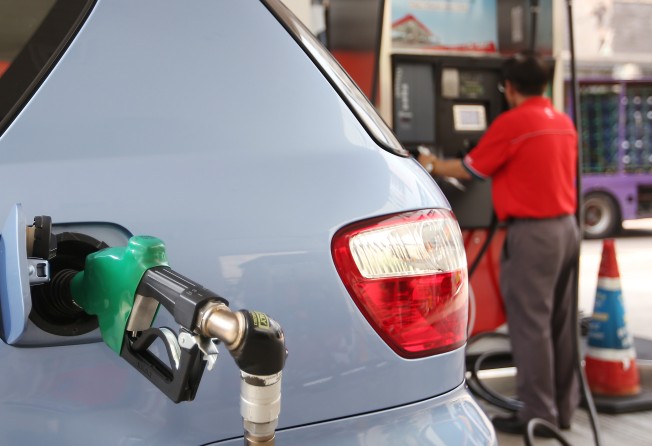Hong Kong: an open economy that lacks fair competition
There are a number of sectors in which consumers lack choices, the most glaring example being the petrol market

We should not be fooled by Hong Kong’s stellar rankings in international indices of economic freedom. They may reflect the free flow of trade, commerce and information and a free labour market. But they do not mean consumers are assured of free competition. A notable exception is the telecommunications market. In fact the main obstacle to fair competition is often to be found in “free market” opposition from business monopolies, cliques and cartels that dominate markets and prices from property to utilities to basic consumer goods.
The vexed question of petrol pricing has from time to time resulted in the oil industry being identified with anti-competitive behaviour, though not always fairly. As a result, one of the most keenly awaited investigations of the city’s new Competition Commission was its probe into petrol prices.
The watchdog ruled out collusion between the five main players in the Hong Kong petrol market because there was not sufficient evidence that they had entered into a cartel agreement. But the report, after a two-year study of structural and behavioural issues in the market, revealed some business practices that need explaining by the oil companies.
The commission called on the government to intervene after it discovered “highly unusual” practices that hindered competition and contributed to high fuel prices. It said consumers lacked choice as oil companies offered only the most expensive type of petrol to motorists, namely 98 RON unleaded, even though the cheaper 95 RON could be used by 99 per cent of the city’s vehicles. This had deprived motorists of a cheaper option for more than 20 years.
The watchdog suggests that with the leases of 28 petrol station sites expiring next year, the government should review the tendering system and make it mandatory to offer 95 RON. Even though the companies may not have broken any law, the government would inspire confidence in the new competition regime if it adopted this initiative on behalf of consumers.